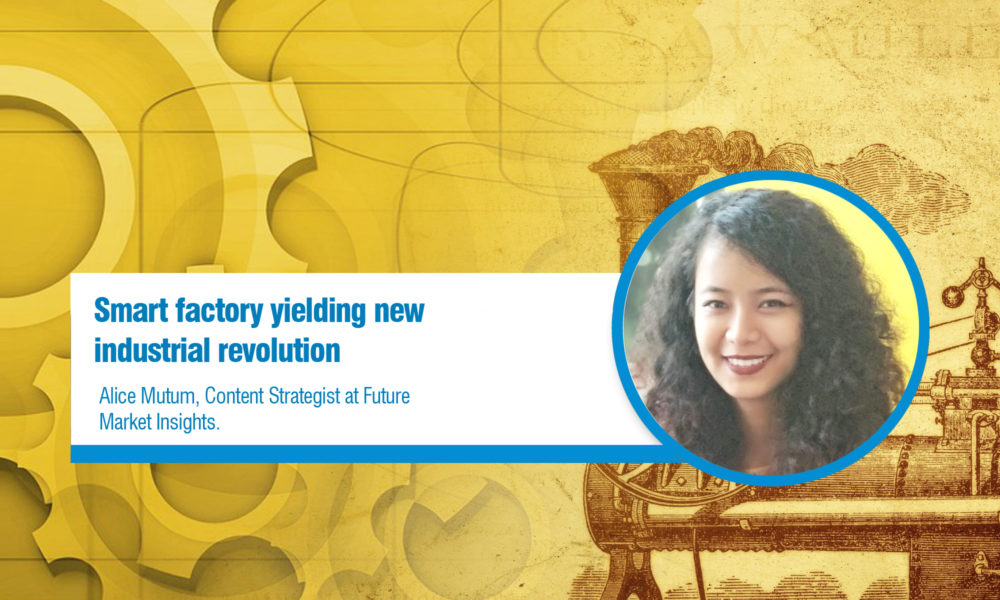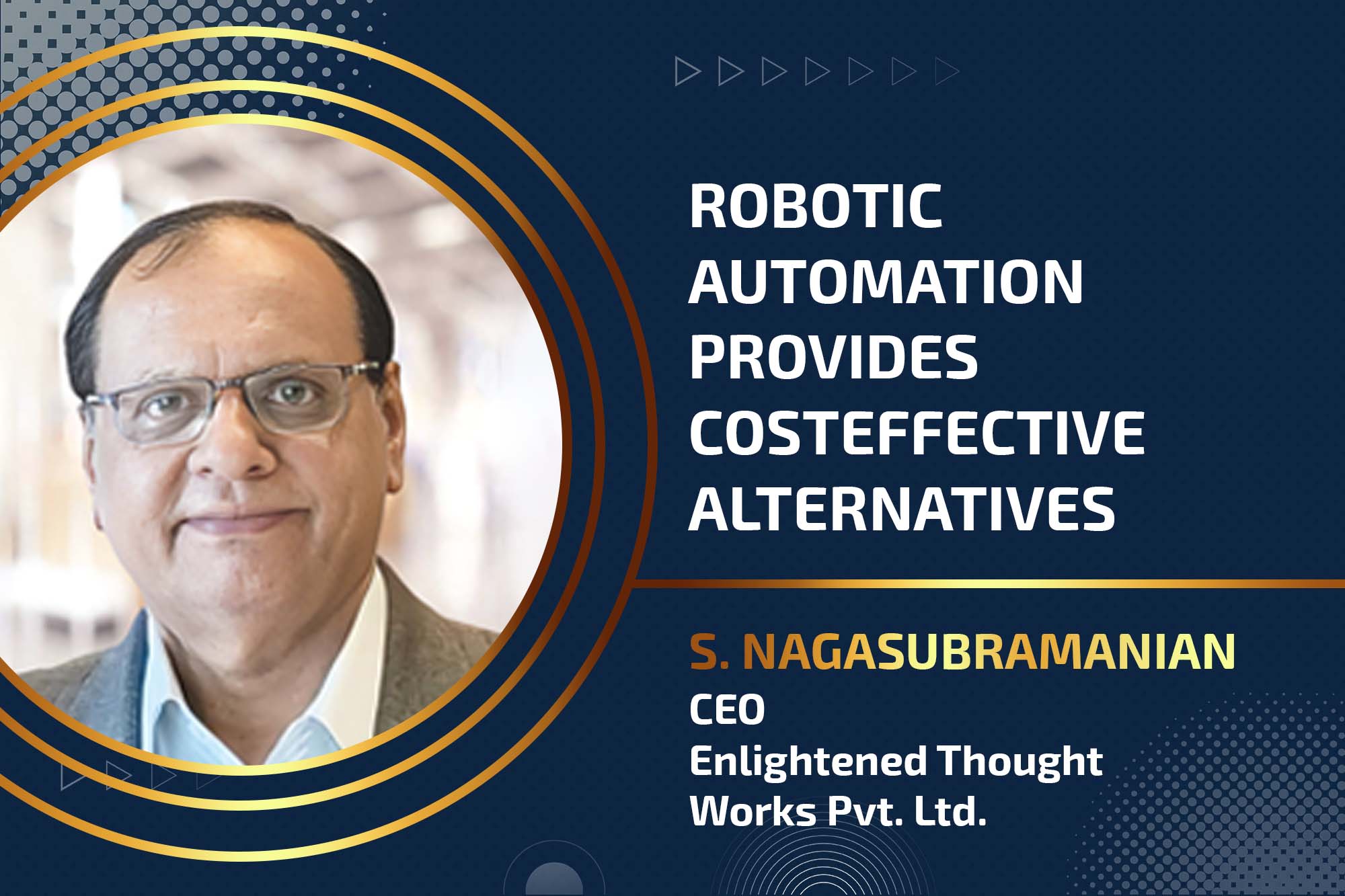Smart factory yielding new industrial revolution
By OEM Update Editorial July 9, 2019 3:01 pm IST
The digital backbone of the world’s second most-populous country, despite challenges, continues to develop and stands as one of the fastest-growing markets for digital consumers says, Alice Mutum, Content Strategist at Future Market Insights.
Digital India: A success or failure?
Nearly four years have passed since Digital India Mission became a reality, leaving citizens at a critical intersection – where technology, businesses, and humankind meet to create a better, more productive world. However, a huge gulf between those who have access to modern information and communication technology and those who do not, has been constraining the successful implementation of such mission.
India’s MSMEs are still in their infancy apropos of adoption of digitalisation across multiple dimensions of business. In addition to being reliant on government services, such as the BBNL for broadband connectivity, the degree of awareness among the key stakeholders is abysmal. Lack of capital for moving the legacy to new technologies such as IoT and cloud solutions, accompanied by absence of talented human resource in MSME sector, continues to deter the process of digitalisation. The skill gap, which leads to resistance from workforce, and security concerns are often cited as the significant challenges businesses face for a human-centric approach to digital transformation. As a consequence of inhibitions in prioritising the investments in cybersecurity to mitigate the security implications and lack of understanding about the potential benefits of technology use, Digital India has been failing to make an impact on MSME space.
Turning India into a genuine technological marvel?
Despite the challenges, the digital backbone of the world’s second most-populous country continues to develop and stands as one of the fastest-growing markets for digital consumers. Diving in headfirst into the latest technologies, rather than gradual transformation, and trying to get to execution quickly may not necessarily be the best execution mechanism. Therefore, solutions need to be developed holistically led by a thorough understanding of numerous elements at play, such as manpower and infrastructure, while simultaneously finding the right balance with cost limitations that public spending entails.
A disruptive industrial revolution?
Although smart factory technologies are anticipated to yield a new industrial revolution, they also have the ability to seriously disrupt the functioning of incumbent companies. Rather than a single technology, smart factory is built around a combination of multiple technologies that have the potential to fundamentally change existing business models, technology stacks, and the industrial network architectures. Moreover, it’s the application of intelligence at factory level that creates dynamic production environment and desired results such as improving quality and reliability, while reducing the long-term costs.
As the smart factory gradually emerges, industries as well as workforce will need to adopt and adapt to these new technologies, and evolve from the way they operate in today’s factories.
Transition to the smart factory?
Cloud solutions and connected manufacturing for machine tools industry?Cloud solutions are becoming the lifeblood of the machine tools industry, as they can highly enhance the performance in production, efficiency and potentially the entire business model. With aggressive competencies regarding the faster expansion of businesses, while maintaining quality and providing more personalisation, machine tool makers are ready to adopt innovative technologies such as cloud computing, analytics, mobility, and IIoT. Unprecedented potential of these technologies will allow manufacturers to unleash their vision and optimise machine reliability and production, while connecting consumers, processes, and supply chains gives them end-to-end visibility and control.
Connected manufacturing, a business strategy that leverages cloud computing, can help capture, analyse, and visualise relevant data in the machine tools industry, which amplifies machine condition transparency and its progress over time. Moreover, installation of sensors and devices in industrial equipment will empower key operators to turn real-time insights into actionable intelligence.
AI model creation in Azure Machine Learning?
Azure Machine Leaning has been a successful in putting advanced digital solutions covering Artificial Intelligence, IoT, mixed reality, and blockchain in the hands of developers. By making a switch to M2M connections and analytics with AI, Indian manufacturing industry can significantly reduce costs, optimise and integrate process, and acquire complete insights into their production processes.
In India, AI has just begun to establish its foothold in the manufacturing system with MSME sector still trying to decode the overall costs and implication of adopting the cutting-edge technology. As Azure Machine Learning provides the robust environment for development of intelligent solutions, manufacturing industry can jump into machine learning and start gaining its potential benefits. With the growth of new-age technology, the costs are subjected to drop and the existing gap between the aspiration of Indian manufacturing industry to adopt AI and its real implementation will be bridged.
Enabling communication between material handling systems through a central control system is a step towards the smart transformation.
Alice Mutum, Content Strategist at Future Market Insights.
Cookie Consent
We use cookies to personalize your experience. By continuing to visit this website you agree to our Terms & Conditions, Privacy Policy and Cookie Policy.
















